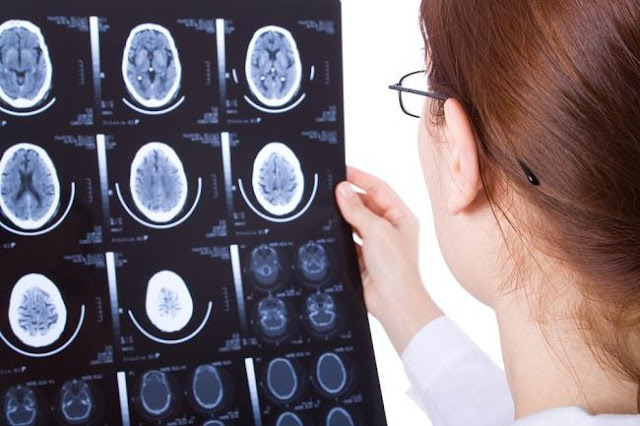Concussion is the mildest type of brain injury compared to other types of brain injuries. However, do not ignore this condition. Especially in the case of concussions affecting children, because they have not been able to communicate well.
Concussions can occur as a result of a violent impact on the head, for example due to falls, traffic accidents, or while exercising. If you experience a head injury like that, it is advisable to go to a clinic or hospital.
Types of concussions
Concussions are divided into several types based on severity, namely mild, moderate, and severe. Here's an overview of the types of concussions:Mild concussion
Symptoms last less than fifteen minutes and sufferers do not experience loss of consciousness.
Moderate concussion
Symptoms can last more than fifteen minutes and sufferers also do not experience loss of consciousness.
Severe concussion
Characterized by loss of consciousness, even just for a few seconds. In addition, a severe concussion may also cause loss of balance or memory loss (amnesia).
Symptoms of Concussion
Symptoms of a concussion can last a long time, it can also only be a few seconds, and sometimes the symptoms of a concussion do not appear immediately after the injury. Here are some common symptoms of a concussion:- Headache, nausea, and vomiting
- Feeling confused
- Blurred vision
- Sensitive to light or sound
- Difficulty in concentration
- Ears ringing
- Changes in behavior
- Back pain or extreme pressure on the neck, head or back.
- Feels weak and even paralyzed in the limbs
- Numbness, tingling or loss of sensation in the hands, feet, or fingers and
- Difficulty in maintaining balance and walking.
- Respiratory disorders.
First Aid for Brain Concussions
Here are a few steps to take if you see a person who has a concussion or yourself with a head injury:- If the head hits hard, stop the activity immediately and sit quietly. Avoid repeating activities that cause concussions on the same day. This is because the brain needs time to recover. A second concussion can occur if you keep doing activities after the first concussion. When that happens, the symptoms of a concussion can become more severe and continue for a long time.
- If a concussion occurs in a child, adult supervision is needed to see if there is a change in behavior, because the child may have difficulty expressing what he is experiencing. Supervision is carried out at least 24 hours after injury.
- Do not give drugs without a doctor's prescription, especially those containing aspirin because it can trigger bleeding.
- Immediately consult a clinic or hospital.

Komentar
Posting Komentar